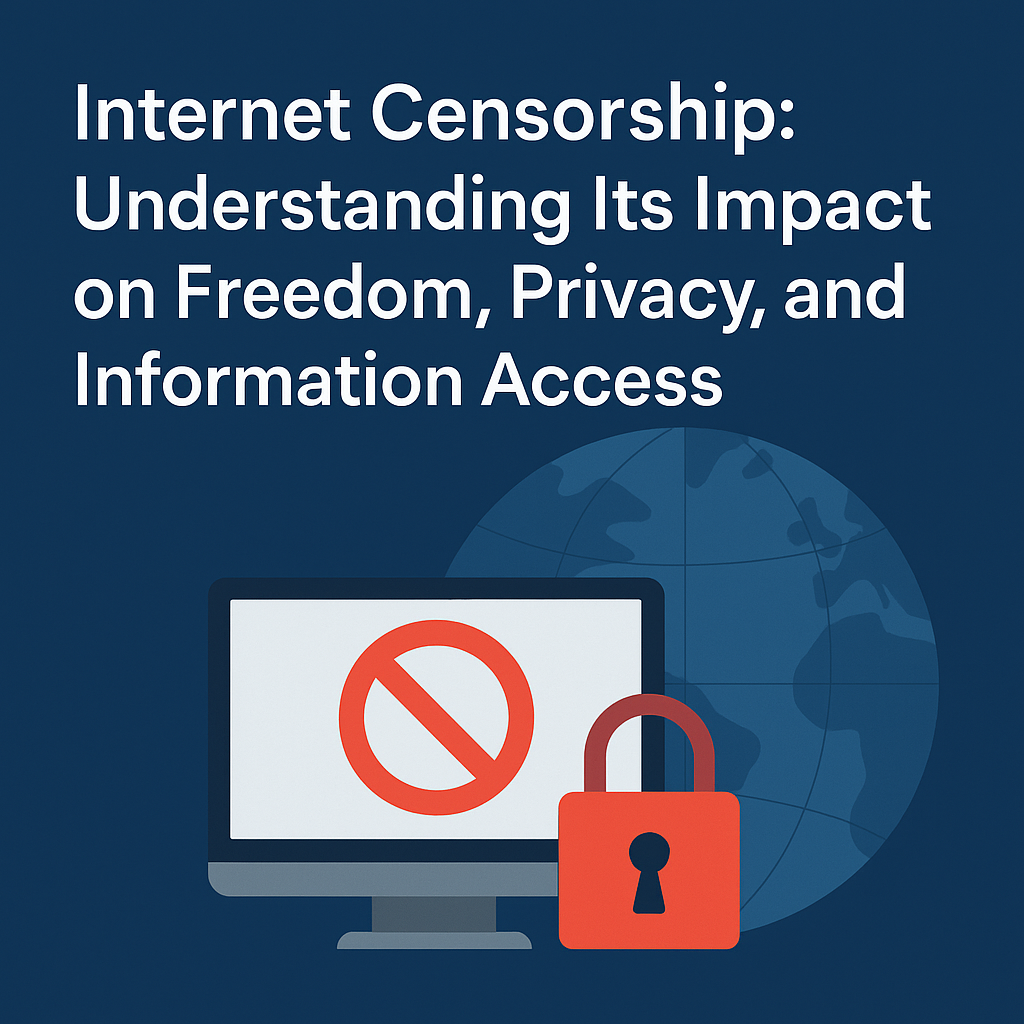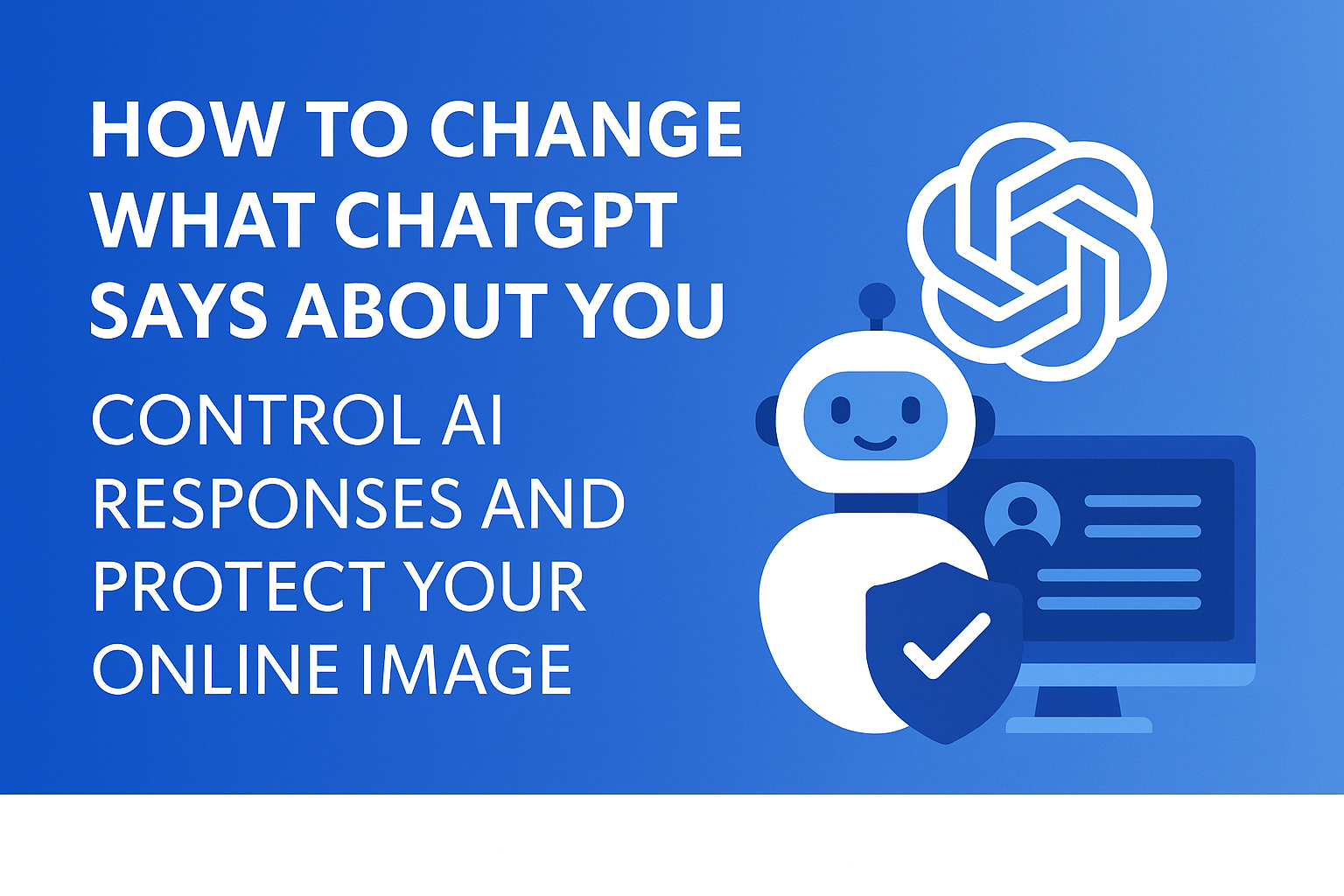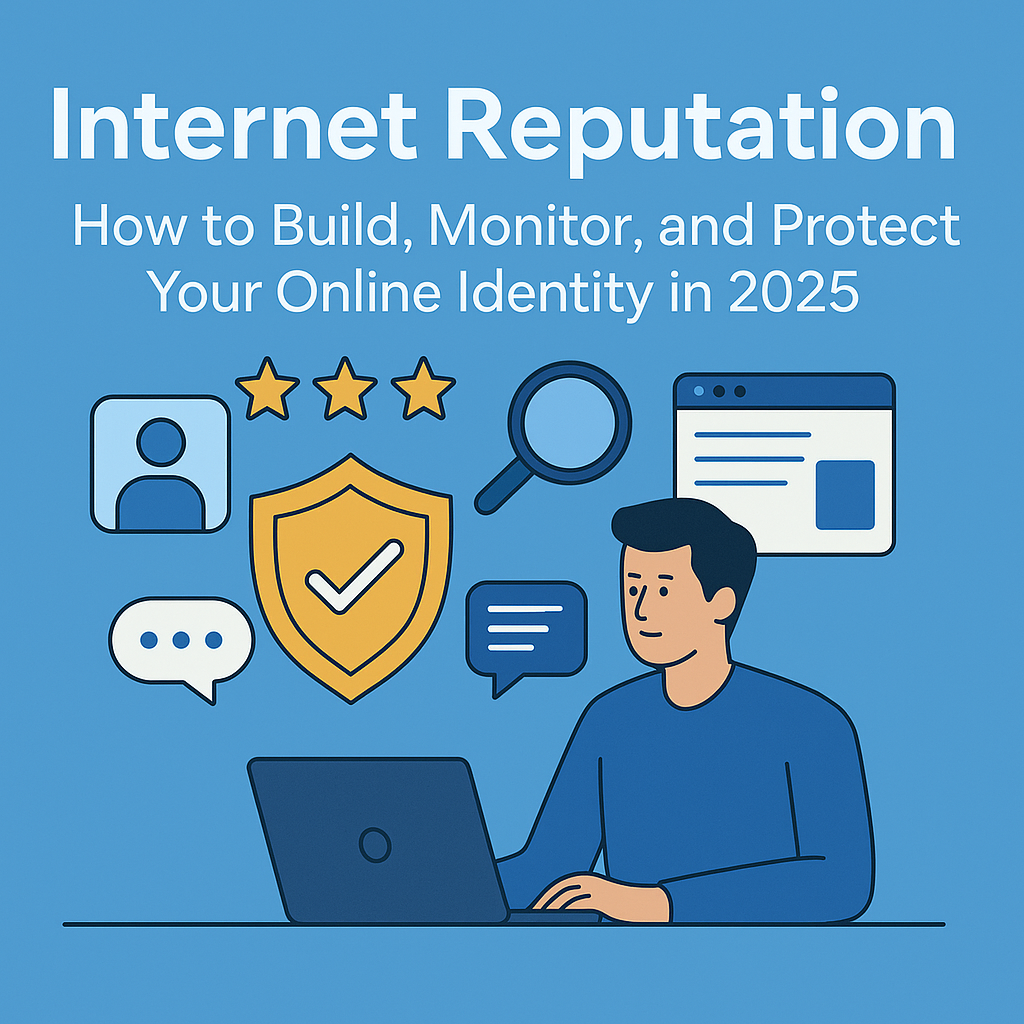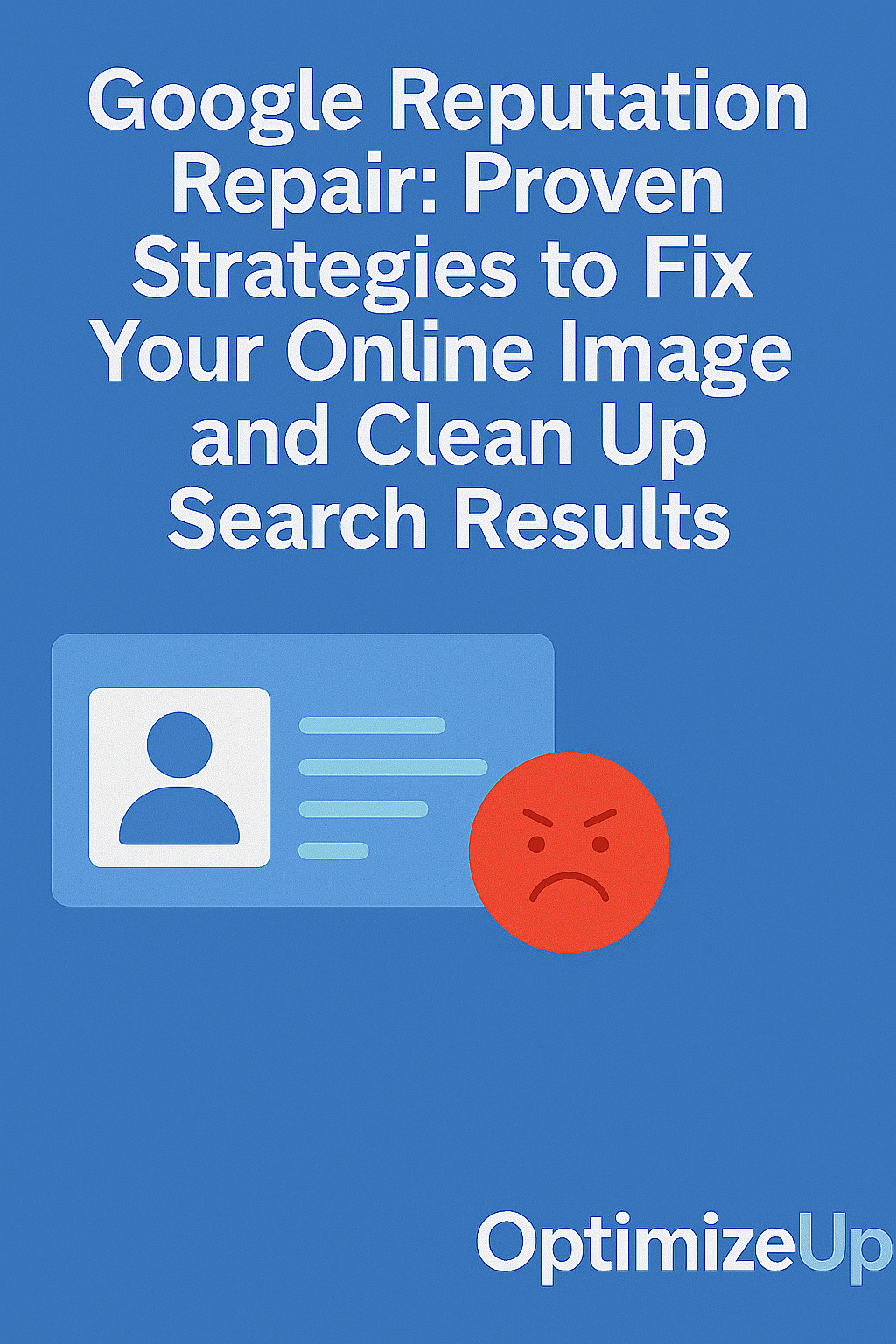What Is Internet Censorship?
Internet censorship refers to the control or suppression of what can be accessed, published, or viewed on the internet by regulators, governments, corporations, or other controlling bodies. Its purpose varies—from protecting national security and reducing hate speech to silencing dissent and controlling political narratives.
Common forms include:
- Website blocking or domain filtering
- Content takedown requests
- Keyword filtering and surveillance
- Social media bans and platform throttling
Historical Roots of Censorship
Censorship didn’t originate with the internet. In ancient societies, rulers controlled information to maintain authority. The invention of the printing press and later mass media gave rise to systematic efforts to restrict content. These practices evolved with technology, culminating in today’s multi-layered internet regulation.
From book burning to broadcast bans, censorship methods have always adapted to prevailing communication norms—and the internet is no exception. Understanding this context underscores why vigilance is necessary today.
Global Landscape of Censorship
Countries With Widespread Internet Censorship
- China: The Great Firewall blocks Google, Facebook, Twitter, Wikipedia, and many news sites. The state also controls local platforms like WeChat and Baidu.
- Iran: Heavy control over media and social platforms; citizens rely on VPNs to bypass restrictions.
- Russia: Intensified censorship post-2022 includes blocking news outlets and fining platforms that fail to comply.
- North Korea: Access is limited to a tightly monitored intranet, with virtually no access to the global internet.
Sources: Freedom House, Reporters Without Borders
Why Governments Censor the Internet
Political Reasons
- Control dissent and opposition voices
- Curb election misinformation (sometimes selectively)
- Protect ruling regimes from criticism
Social and Cultural Justifications
- Ban pornography and gambling content
- Prevent cultural disruption or unrest
- Block LGBTQ+ content in restrictive societies
National Security
- Counterterrorism initiatives
- Cyber warfare protection
- Data localization and sovereignty enforcement
“Censorship is often framed as protection, but its reach frequently extends far beyond the public good.”
The Impact on Freedom of Expression
- Restricts the ability to share and receive information
- Creates self-censorship out of fear of reprisal
- Disproportionately affects activists, journalists, and marginalized communities
Examples:
- Journalists jailed for publishing content deemed “anti-national”
- Bloggers arrested for content critical of government
- Hashtag bans around protest movements (e.g., #EndSARS in Nigeria)
Censorship’s Effect on Online Privacy
Surveillance Mechanisms
- Deep Packet Inspection (DPI)
- Mandatory SIM registration linked to national ID
- Social media monitoring by AI
Consequences:
- User data collected without consent
- Doxxing and targeting of dissidents
- Loss of anonymity and secure communication
The Corporate Role in Internet Censorship
Big tech companies play a dual role:
Enablers of Censorship:
- Platforms modify algorithms to comply with state laws
- Companies like Apple and Google remove apps or content on demand
Victims of Censorship:
- YouTube banned in multiple countries
- Meta fined or blocked for failing to comply with content takedown laws
Responsibility and Ethics:
- Transparency reports
- Resistance to unjust laws
- Legal appeals and whistleblower exposure
Internet Censorship vs. Content Moderation
Not all content removal is censorship. Platforms moderate content to maintain safe environments, but the distinction blurs when:
- Moderation is guided by opaque rules
- AI algorithms suppress political or minority voices
- Government agencies influence content policies
“When moderation becomes invisible censorship, freedom suffers.”
Circumvention Tools and Bypass Techniques
Common Tools
- Virtual Private Networks (VPNs)
- Tor browser
- Proxy servers
- Mesh networks
Limitations and Risks
- VPNs banned or blocked in some regions
- Accessing banned content can be punishable by law
- Bypass tools may compromise user data if not secure
How Censorship Affects Businesses
- Limits market entry for tech companies
- Restricts access to global talent
- Impairs SEO and search visibility across borders
- Imposes localization and data retention burdens
Example: Google pulled out of China due to ethical and operational challenges.
Additional Consequences
- Cloud services and SaaS platforms are often forced to fragment their data storage.
- Tech startups operating in authoritarian regions face reduced VC interest.
- News and media outlets experience shadow bans or local blocking.
Educational and Scientific Limitations
Academic Research
- Blocked journals or research portals limit cross-border scientific collaboration.
- Students and researchers in censored countries face intellectual isolation.
Open Data
- Access to global data sets may be restricted, limiting development of AI and machine learning models.
- Government-controlled curriculum enforces ideological narratives.
The Future of Internet Freedom
Positive Trends
- Global support for net neutrality and open-source web
- Decentralized platforms (e.g., Mastodon, Matrix)
- Increased use of end-to-end encryption
Threats
- Expansion of AI-powered surveillance
- Social credit systems
- Mandatory national firewalls and intranet isolation
Optimized Up’s Role in Navigating Online Censorship
OptimizeUp helps businesses and individuals:
- Protect their online presence from unjust suppression
- Monitor content visibility and search results across regions
- Develop resilient SEO strategies for restricted markets
👉 Request a free audit to evaluate how censorship impacts your brand reach.
Frequently Asked Questions
It’s driven by political instability, rising misinformation, and growing surveillance capabilities. Governments justify it in the name of national security and social harmony but often overreach.
Internet Service Providers (ISPs) are often legally required to block specific websites, throttle certain traffic, or collect metadata. Their compliance is central to enforcing state censorship.
Yes. By limiting access to diverse viewpoints, censorship can distort public discourse, hinder elections, and weaken democratic participation.
Censorship directly threatens press freedom. Journalists face imprisonment, content takedowns, and loss of audience reach through algorithmic suppression.
Using secure bypass tools, supporting advocacy groups, amplifying censored voices, and promoting net neutrality policies are ethical resistance strategies.
Not always. VPNs must be trusted and secure—free or unknown providers may log data or leak identities. In some regions, VPN use itself is criminalized.
They can rely on offline materials, decentralize lesson plans, and create private learning networks using tools like encrypted file sharing or localized intranets.
It depends on the jurisdiction. In many countries, governments have broad powers to control internet access and content.
Yes, in certain countries, using VPNs or viewing banned content can result in legal consequences.





